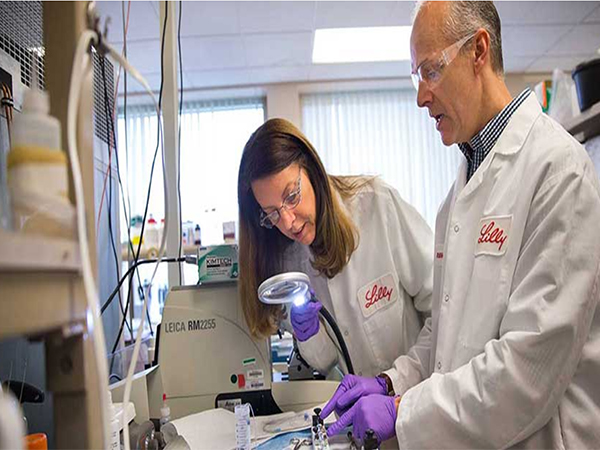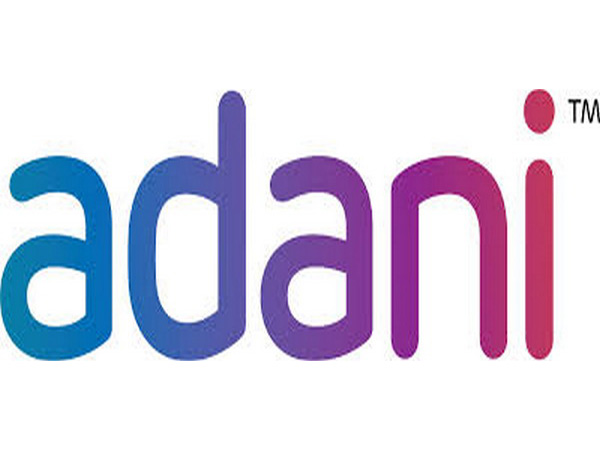Washington, DC [US], August 22 (ANI): Researchers discovered that early puberty or childbirth doubles women’s risk for major diseases and accelerates ageing, while later timing offers protective benefits.
Genetic analysis reveals evolutionary tradeoffs, where reproductive advantages early in life create health burdens later. Reproductive timing matters when it comes to ageing and age-related disease.
In a study now online at eLife,, Buck researchers determine that girls who go through puberty (the onset of menstruation) before the age of 11 or women who give birth before the age of 21 have double the risk of developing type 2 diabetes, heart failure and obesity and quadruple the risk of developing severe metabolic disorders.
The study also reveals that later puberty and childbirth are genetically associated with longer lifespan, lower frailty, slower epigenetic ageing and reduced risk of age-related diseases, including type 2 diabetes and Alzheimer’s.
Buck Professor Pankaj Kapahi, PhD, senior author of the study, says the public health implications of the research are significant.
“Even though women are routinely asked about their menstrual and childbirth history when they receive medical care, this information has rarely factored into the care they receive outside of OB/GYN,” said Pankaj Kapahi.
“These risk factors, whether positive or negative, clearly have a significant influence on a variety of age-related diseases and should be considered in the larger context of overall health,” added Pankaj.
The research was based on one of the most comprehensive analyses to date, using regression analysis on nearly 200,000 women in the UK Biobank to confirm genetic associations.
“We identified 126 genetic markers that mediate the effects of early puberty and childbirth on ageing,” said postdoctoral fellow Yifan Xiang, MD, who led the research.
“Many of these markers are involved in well-known longevity pathways, such as IGF-1, growth hormone, AMPK and mTOR signalling, key regulators of metabolism and ageing,” added Yifan Xiang.
While updated research guidelines call for the use of both sexes in preclinical research in mice, Kapahi says this current study still challenges traditional experimental design, noting that most disease models use virgin female mice, which may not accurately represent real-world ageing patterns.
“If evolution has shaped us to prioritise early reproduction at the cost of ageing, how can we leverage this knowledge to extend healthspan in modern society? Kapahi asks.
“While we cannot change our genetic inheritance, understanding these genetic tradeoffs empowers us to make informed choices about health, lifestyle and medical care,” added Kapahi.
The study also identifies several genetic pathways that can be manipulated to optimise health for mothers as well as their offspring.
Other Buck researchers involved in the study include: Vineeta Tanwar, Parminder Singh, and Lizellen La Follette. (ANI)
Disclaimer: This story is auto-generated from a syndicated feed of ANI; only the image & headline may have been reworked by News Services Division of World News Network Inc Ltd and Palghar News and Pune News and World News
HINDI, MARATHI, GUJARATI, TAMIL, TELUGU, BENGALI, KANNADA, ORIYA, PUNJABI, URDU, MALAYALAM
For more details and packages

















